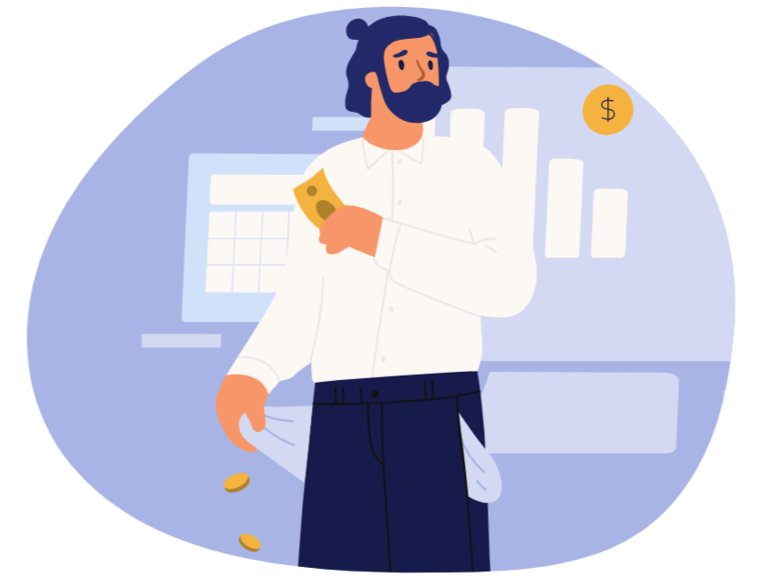What is stress?
Feeling stressed? You’re not alone. Stress is a natural response that everyone experiences when under pressure. It’s not always bad. It can even be healthy. But when the stress is too much, lasts for too long or affects your daily life, it can impact your mental health and wellbeing.
On this page, we talk about stress and mental health and explore how to reduce stress now and over the long term.




.svg?sc_lang=en)




































